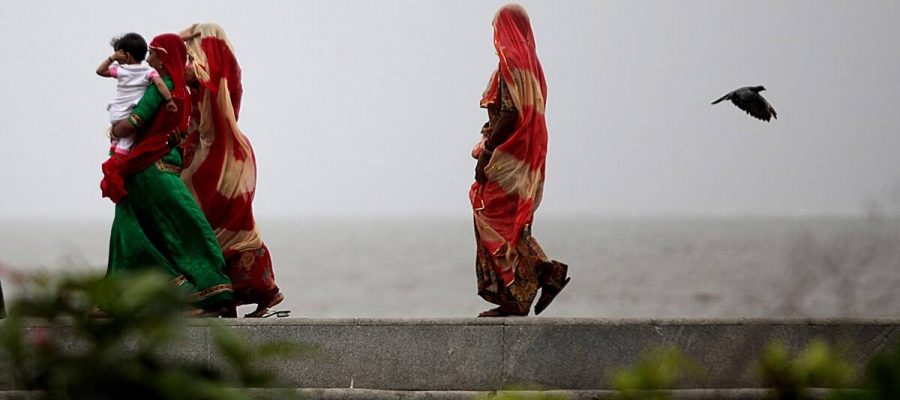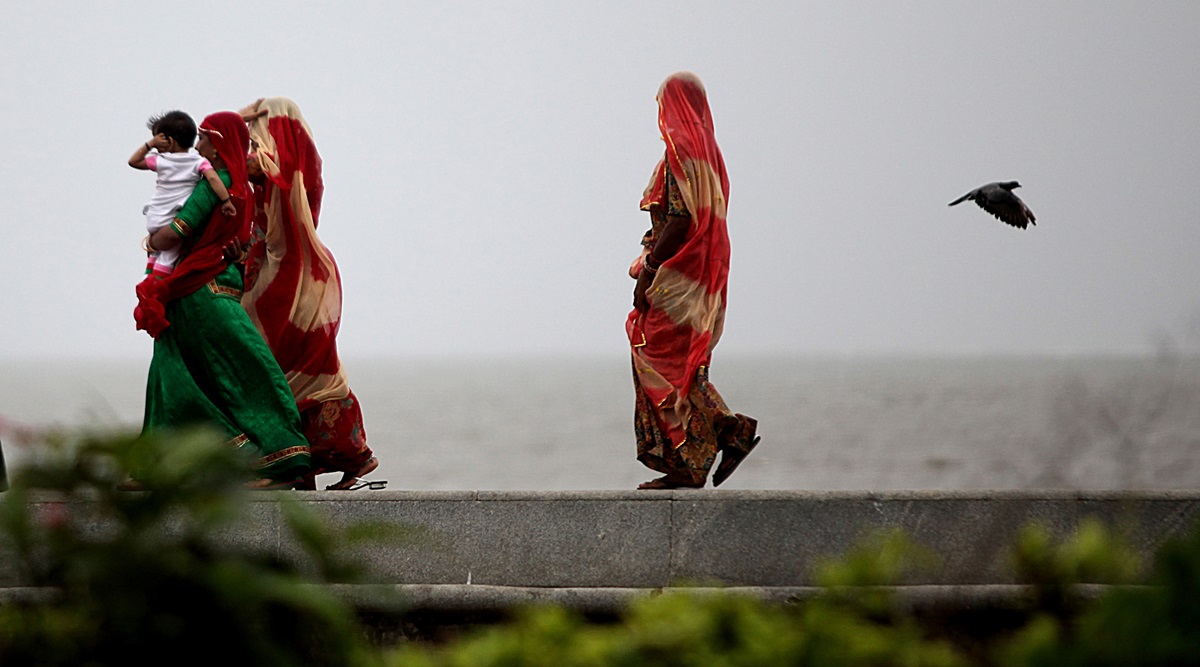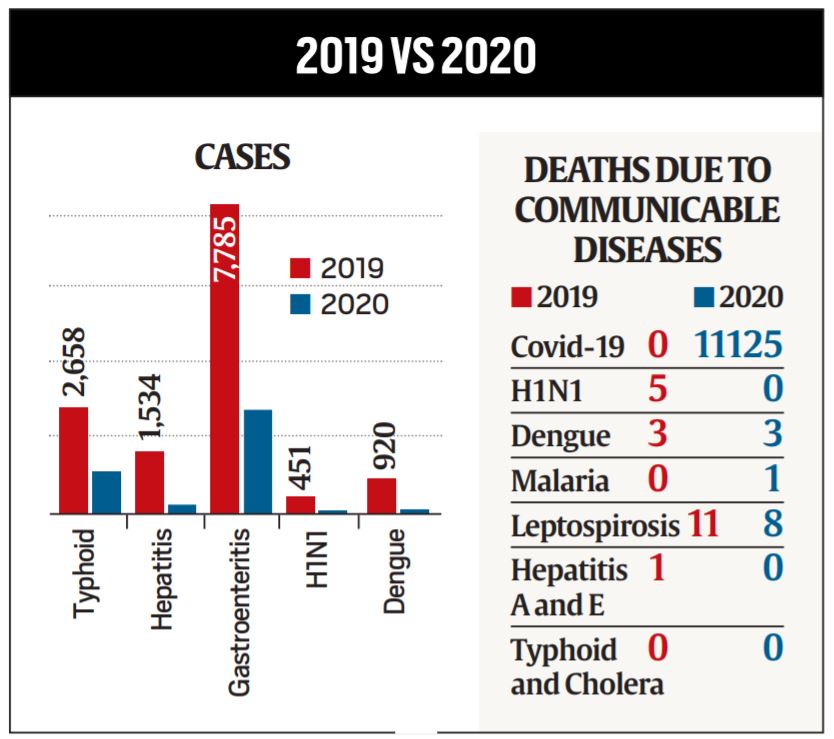Additional Municipal Commissioner Suresh Kakani attributed the decline to “behavioural change” in people and improved habit of hand washing and hygiene.
In a year of 11,125 Covid-19 deaths, Mumbai saw a steep decline in communicable infections caused by typhoid, gastroenteritis, hepatitis A and E, dengue and H1N1.
In 2020, gastroenteritis cases dropped 67 per cent over the previous year, typhoid saw a 58.9 per cent decline and H1N1 cases reported a significant 90.2 per cent drop. Deaths due to these infections also fell slightly. Only malaria cases rose from 4,357 in 2019 to 5,007 in 2020.
Additional Municipal Commissioner Suresh Kakani attributed the decline to “behavioural change” in people and improved habit of hand washing and hygiene. “Covid-19 led to extensive hand-washing exercise which prevented transmission of water-borne infections like typhoid and hepatitis A and E,” he said.
Typhoid spreads from salmonella typhi bacteria through contaminated food or water and poor sanitation. An infected person can infect others if he/she does not wash his/her hands after excretion as the bacteria continues to shed through stool.
In slums, although water resources are scarce, the practice of hand washing picked up soon after the pandemic began. In 2019, 2,658 typhoid cases were recorded in Mumbai, maximum between June and October due to the rains, which fell to 1,092 in 2020. During the peak monsoon season, there were only 38 cases in August, 47 in September and 55 in October against over 250-300 cases recorded in the corresponding months of 2019.
Hepatitis A and E cases dropped from 1,534 to 263, an 82 per cent decline from 2019 to 2020. The viral infection also spreads through unclean hands of those infected and also through contaminated food and water. With social distancing norms in place from March to December, gastroenteritis cases fell by 67 per cent — from 7,785 in 2019 to 2,549 in 2020.
The viral infection spreads through person-to-person contact, for instance a handshake with an infected person or through consumption of food prepared by him/her. Behavioural change in eating habits and restrained consumption of street food led to overall decline in gastroenteritis cases.
H1N1 cases fell from 451 with five deaths in 2019 to 44 cases with zero deaths in 2020. While concerns have been raised over the possibility of low detection of other infections due to focus on Covid-19, ward-level medical officers said dispensaries did not notice a rise in monsoon-related ailments either. “This could be because the overall infectivity was lower or perhaps as people did not step out assuming they would be tested for Covid-19,” a medical officer said.
The increase in malaria cases has been attributed to closed construction sites during the lockdown that became the breeding grounds for mosquitoes in monsoon. Metro construction sites also led to water stagnation and breeding of anopheles mosquitoes (carrier of malaria). Dr Rajan Naringrekar, insecticide officer at the Brihanmumbai Municipal Corporation (BMC), said they were told by the National Vector Borne Disease Control Programme to be extra vigilant for dengue since its cases were expected to further rise from 2019.
“Offices were shut during the lockdown, reducing the scope of breeding spots. We continued to destroy mosquito breeding grounds even during the pandemic in residential buildings. Our vigilance was higher than what it was in 2019, perhaps these factors could be responsible for reduction in dengue in 2020. But we expect dengue cases to rise again this year,” Naringrekar said.
Dr Shashank Joshi, member of the Maharashtra Covid Task Force, while addressing a webinar in Harvard TH Chan school of Public Health on Thursday said coronavirus replaced several other infections endemic in Mumbai as viruses fight for space in a geographical location.
“Until 2019, we used to find beds in public hospitals overflowing with dengue, typhoid and other monsoon-related illnesses. In 2020, while beds had been allocated for monsoon ailments, there were very few admissions,” Dr Joshi said.
Source: Read Full Article



